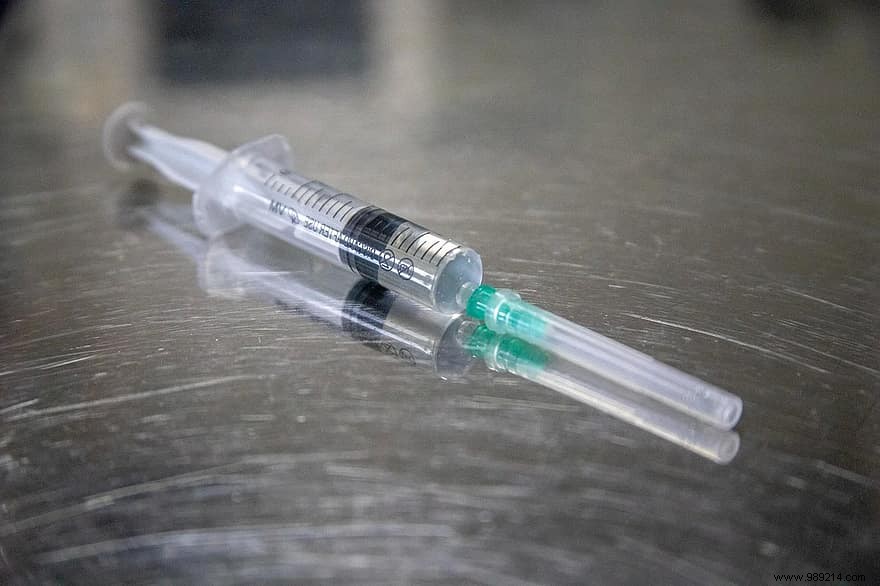Brazil's health authority on Monday suspended the Phase 3 clinical trial of a Chinese coronavirus vaccine candidate after "a serious incident" found in a subject. The Sinovac Biotech laboratory, which is developing the solution, said on Tuesday that it was confident about the safety of its vaccine.
More than 150 vaccines aimed at preventing COVID-19 infections are currently in development around the world. On this sample, only a few laboratories are now offering phase 3 clinical trials, i.e. the last step before applying for marketing authorization. For some, all the lights are green. This is particularly the case of Pfizer, which collaborates with the German biotechnology company Biontech. For others, like China's Sinovac Biotech, it's a bit more complicated.
In Brazil, the Health Vigilance Agency (Anvisa) declared on Monday that it had interrupted the clinical trial of the CoronaVac vaccine (developed by Sinovac Biotech) "after a serious incident occurred in a patient on October 29 ". No other precise details are communicated, except that the vital prognosis of the subject concerned could have been threatened. Anvisa lists in a press release that this type of incident can include "death, potentially fatal side effects “, or alternatively “a severe disability ".
The trial now suspended, the agency now intends to "evaluate the data observed to date and judge the benefit-risk of continuing the study ", she said. In the meantime, no new volunteers can be vaccinated during this interruption. For its part, the Chinese laboratory Sinovac Biotech said on Tuesday that it was confident in the safety of its experimental vaccine despite the suspension of its clinical trial in Brazil.

These interrupts are actually quite mundane. They occur whenever a "potentially unexplained condition" comes to light, to ensure that the integrity of the trials is maintained. Last September, the pharmaceutical group AstraZeneca, a partner of the British University of Oxford, had also announced a pause in the phase 3 trials of its vaccine after the bad reaction of a subject.
Adrian Esterman, a biostatistician at the University of South Australia, then minimized the effect of this announcement. "It's extremely common. Someone almost always dies or has a stroke during a clinical trial “, he had detailed to the Sydney Morning Herald. “People shouldn't be too discouraged… Research doesn't work on a linear path. There are always hiccups, obstacles, and sometimes we have to backtrack " .
The analyzes having finally concluded that this "bad reaction" of the patient was not related to the anti-Covid vaccine, AstraZeneca's trial therefore resumed after a few days in the United Kingdom, and in the following weeks in South Africa, Brazil, Japan and the United States. It is still ongoing today.